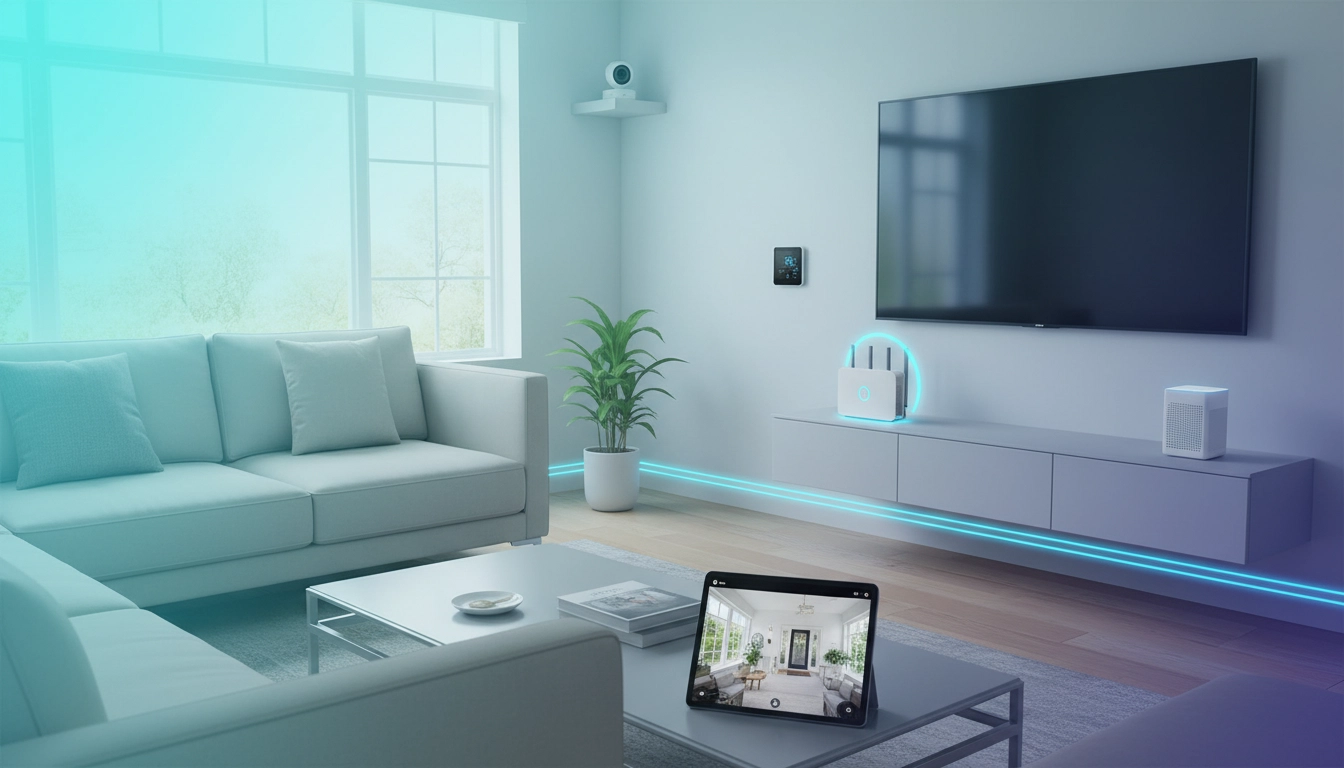Remember when having cable internet felt like living in the future? Well, times have changed big time. As we head into 2026, smart homes aren't just cool gadgets anymore: they're becoming the norm. And here's the thing: all those connected devices need serious internet power to actually work the way they're supposed to.
If you're planning to upgrade your home with smart tech this year, fiber internet isn't just a nice-to-have anymore. It's pretty much essential. Let's break down why fiber has become the backbone that makes modern smart homes actually smart.
Your Smart Home Is Hungrier Than You Think
Think about everything you might want to connect in your home. Security cameras streaming HD video 24/7. Smart thermostats constantly adjusting temperatures. Voice assistants listening for commands. Smart lights responding instantly to your phone. Gaming systems downloading massive updates. Work-from-home video calls. Kids streaming shows while you're trying to watch Netflix.
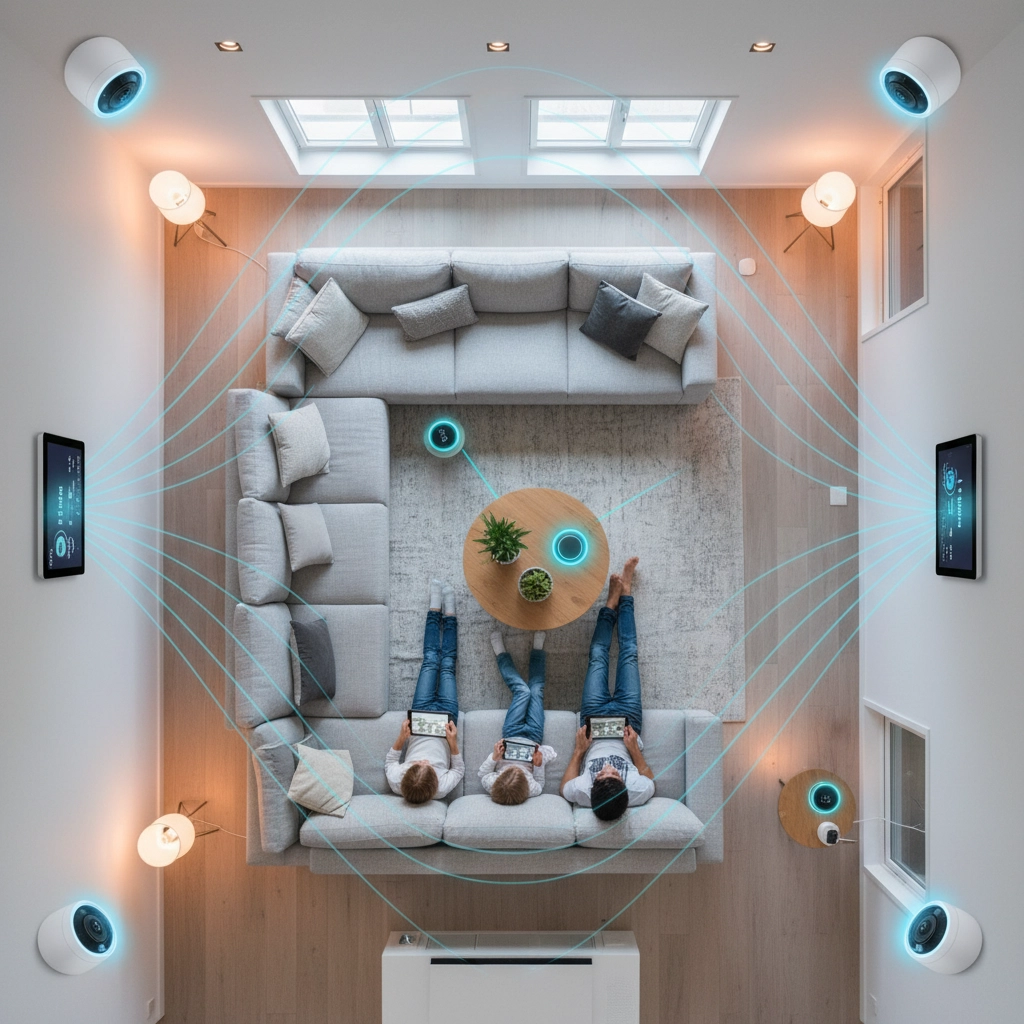
That's a lot of internet traffic happening all at once, and traditional cable or DSL just can't keep up without some serious slowdowns. When your smart doorbell can't upload footage because your internet is maxed out, or your smart thermostat stops responding because the network is overloaded, that "smart" home starts feeling pretty dumb.
Fiber internet solves this problem by providing way more bandwidth than you'll probably ever need. We're talking about speeds that can handle dozens of connected devices without breaking a sweat. No more choosing between your security system working properly and your kids being able to stream their shows.
Speed Isn't Everything: But Symmetric Speed Is
Here's where fiber really shines compared to cable internet. Most traditional internet gives you fast download speeds but much slower upload speeds. That might work fine for browsing and streaming, but smart homes need to upload tons of data too.
Your security cameras need to upload footage to the cloud. Your smart home hub needs to send commands and receive updates. When you're working from home, you need solid upload speeds for video calls. With fiber, your upload and download speeds are the same: what we call symmetric speeds.
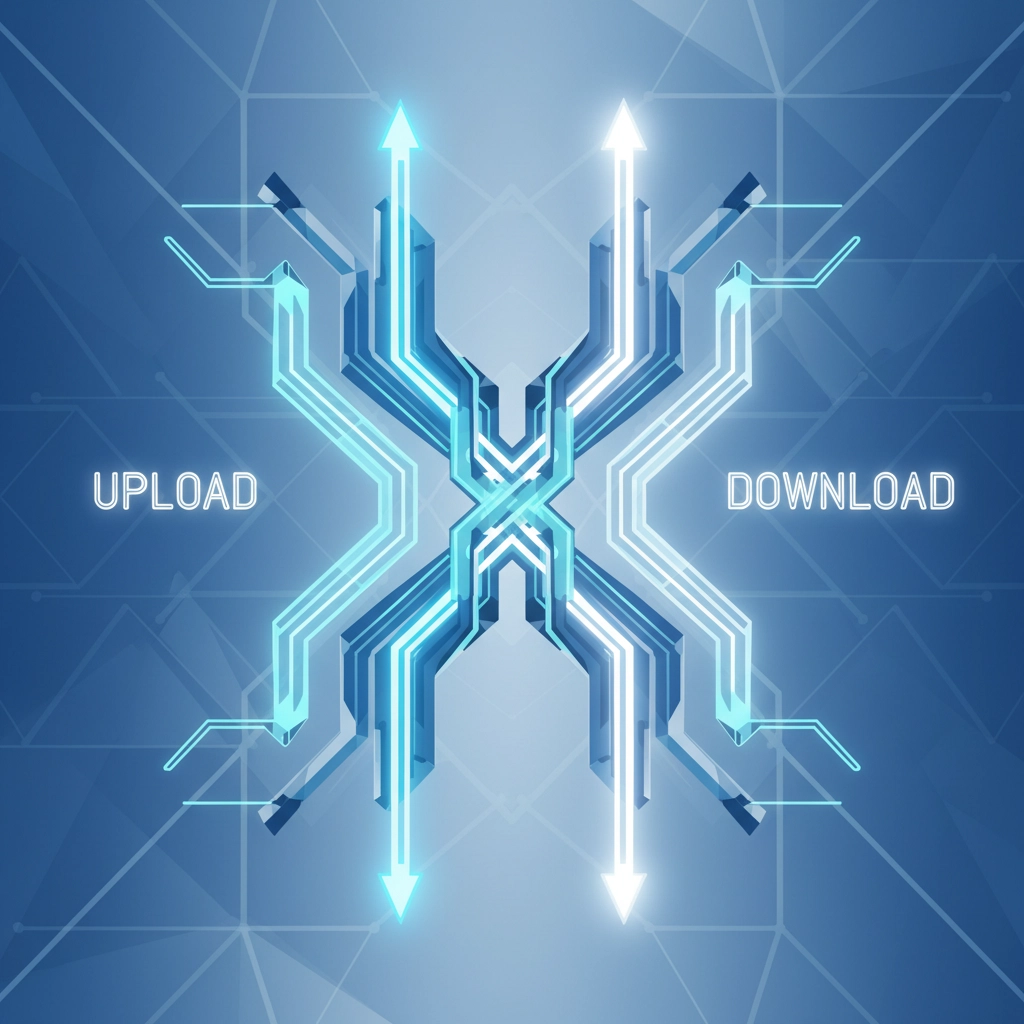
This means your security cameras can upload high-definition footage without slowing down everything else. Your smart doorbell can instantly send alerts to your phone. Your whole smart home ecosystem can communicate properly without competing for limited upload bandwidth.
And let's talk about latency: that's how long it takes for data to travel from your device to the internet and back. With fiber, latency is incredibly low, which means when you tell your smart lights to turn on, they actually turn on right away instead of taking a few seconds to respond. That instant response is what makes a smart home feel truly seamless.
Future-Proofing Your Investment
Smart home technology is moving fast, and what seems like plenty of internet speed today might not cut it tomorrow. Virtual reality is getting more mainstream. 8K video streaming is starting to roll out. AI-powered home assistants are getting more sophisticated and data-hungry.
When you invest in fiber internet now, you're not just meeting today's needs: you're setting up your home to handle whatever comes next. Fiber networks have massive capacity that's barely being used right now, which means as new technologies emerge, your internet can handle them without needing expensive upgrades.

Plus, homes with fiber internet are becoming significantly more valuable. Recent studies show that fiber access can increase your home's value by anywhere from 3% to 15%. So you're not just improving your daily life: you're making a smart financial investment too.
The Reliability Factor You Can't Ignore
Smart homes depend on consistent, reliable internet connections. When your cable internet goes out during a storm, it's annoying. When your smart security system goes offline because of connection issues, that's a real problem.
Fiber-optic cables are way more reliable than traditional copper cables. They're not affected by electrical interference, they're more resistant to weather damage, and they don't degrade over distance like cable connections do. This means your smart home systems stay online and working when you need them most.
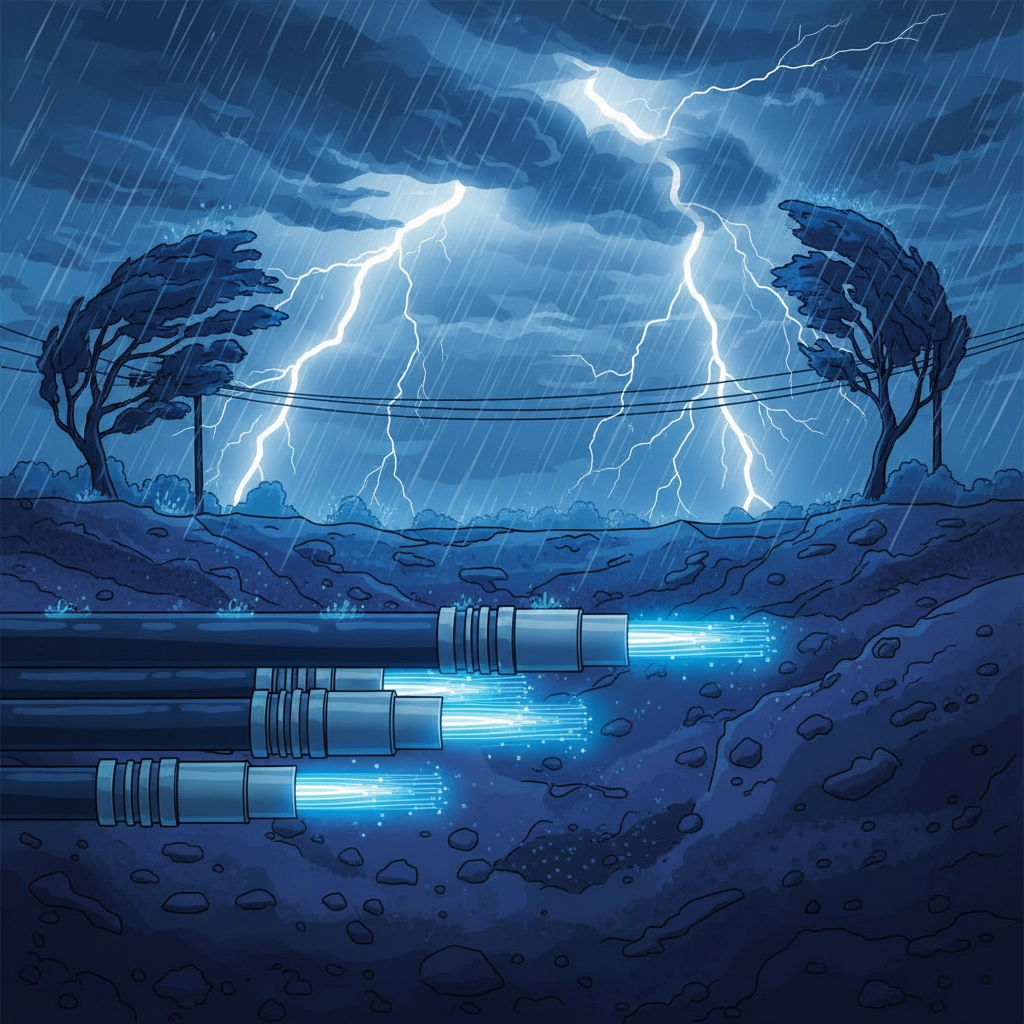
Think about it: what's the point of having smart security cameras if they can't upload footage when something actually happens? Or a smart smoke detector that can't send alerts because the internet is down? Reliability isn't just convenient for smart homes; it's essential for safety and security.
Why Local Support Matters More Than Ever
Here's something people don't always think about: when you have a house full of connected devices, internet problems become a much bigger deal. If your connection goes down, it's not just your Netflix that stops working: your entire smart home ecosystem goes offline.
That's why having a local internet provider like Premier Broadband makes such a difference. When you call with a problem, you're talking to people right here in your community who understand the local network and can actually fix things quickly. No waiting on hold for hours talking to someone in another time zone who's reading from a script.
Our fiber network is built with redundancy and monitoring that keeps your connection stable, and when issues do come up, our local technicians can be at your door fast. For smart homes, that kind of responsive local support isn't just nice: it's necessary.
Making The Switch Makes Sense Now
Look, we get it. Switching internet providers can feel like a hassle. But if you're planning to invest in smart home technology this year, making the move to fiber should be your first step, not your last one.
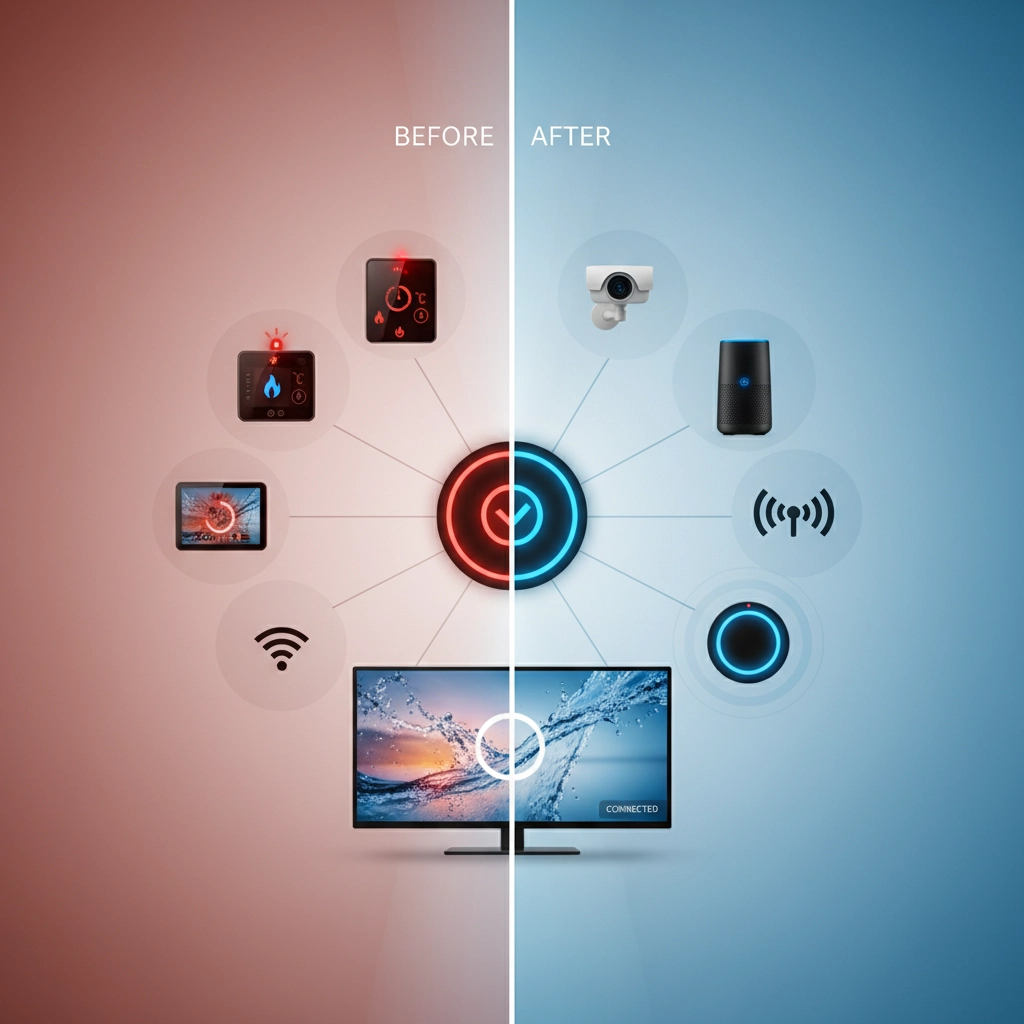
Premier Broadband's fiber service gives you the speed, reliability, and local support that makes smart home technology actually work the way it's supposed to. No more laggy responses, dropped connections, or choosing between which devices get priority on your network.
Ready to give your smart home the internet foundation it deserves? Drop us a line and let's talk about getting fiber to your home. Your future smart devices (and your family) will thank you for making the switch before you need it, not after everything starts slowing down.
The smart home revolution is happening whether we're ready or not. The question is: will your internet be ready for it?

